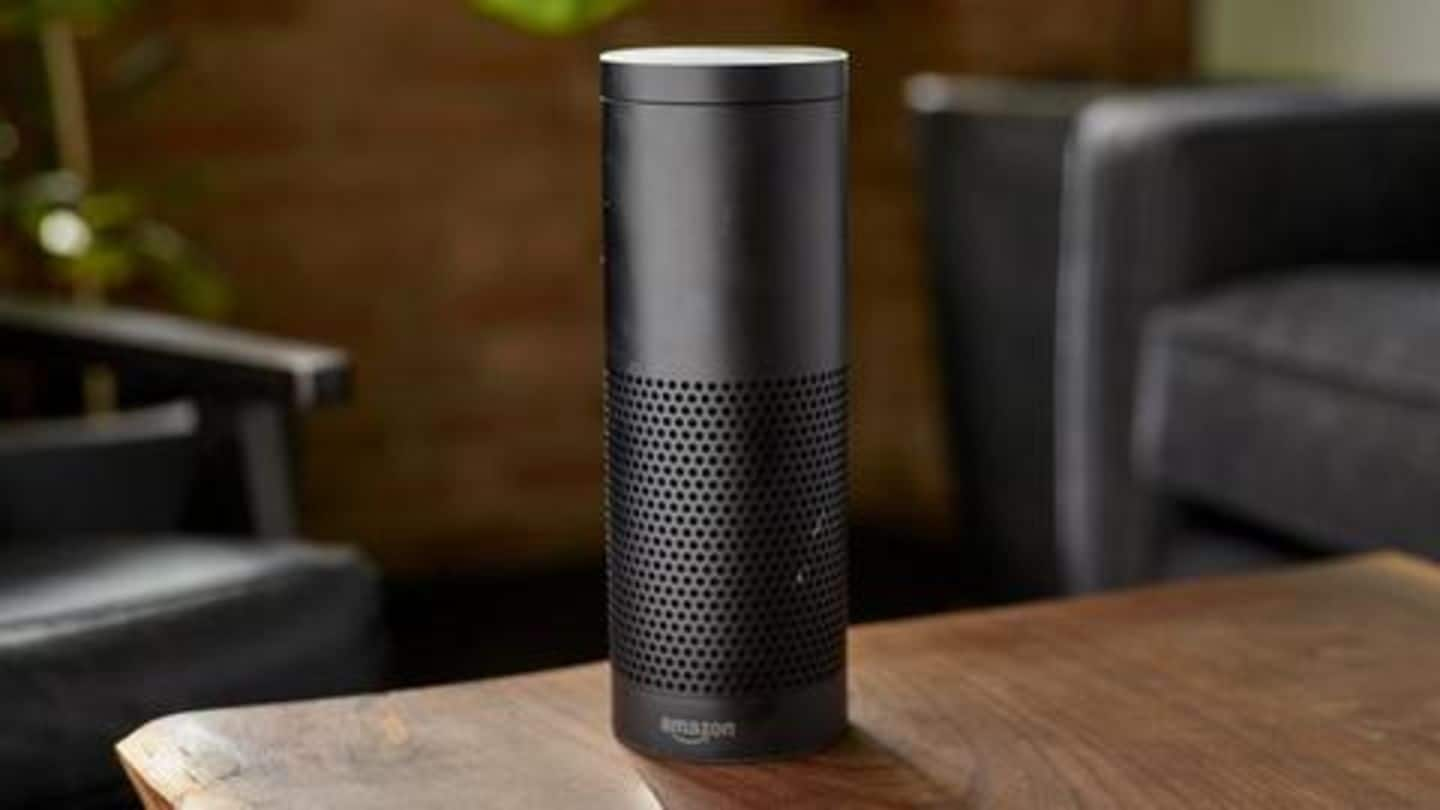
Soon, Alexa could detect heart attacks: Here's how
What's the story
Alexa can handle plenty of queries, but scientists think that the device could soon have the power to detect heart attacks. We know it sounds a tad weird because Alexa isn't a health tracking device. But, the researchers have developed an AI tool that alerts Alexa - or any other smart speaker for that matter - if you're having a cardiac arrest. Here's how.
Details
Tool to detect breathing associated with heart attacks
When a person suffers from cardiac arrest, they witness sudden, irregular gasps of breathing. "This kind of breathing happens when a patient experiences really low oxygen levels," Jacob Sunshine, assistant professor of anesthesiology and pain medicine told Bloomberg, noting that "it's sort of a guttural gasping noise." It may make it near impossible for the person suffering to call help.
Working
This is where the new tool comes in
The tool developed by the researchers detects the unique gasps of breathing associated with cardiac arrests. It reads the potential signs, aka agonal breathing, and then automatically calls emergency services for help. The proof-of-concept of the device was recently put to test and was able to detect heart attack-related breathing 97% of the time when the patient was up to 6 meter away.
Details
Data mixed with random noise
During the test, the researchers combined audio extracts of agonal breathing with sounds of dogs barking, cars honking and normal noises like that of sleeping and snoring. However, despite this negative data, the system worked perfectly and was able to pick up the signs of cardiac arrest-associated breathing. It was tested on Amazon Alexa as well as iPhone 5s and Samsung Galaxy S4.
Future
More work needed to bring this tech to life
While this tech could come really handy, the researchers say it still needs to be evolved. They want to train the algorithm to such a point that it doesn't alert emergency services with false positives. Project author Shyam Gollakota says it could be a contactless system that continuously monitors bedroom for an agonal breathing event, and alerts anyone nearby to come to provide CPR.